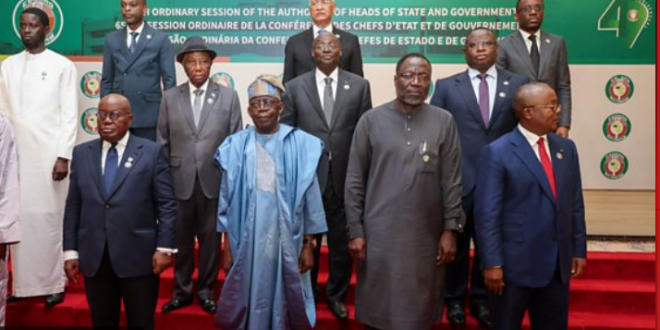Muhamad Yehia
Africa is home to 54 countries and it has the youngest population in world, but the majority of the continent’s leaders are elderly, many in their seventies upwards, like the president of Cameroon, Paul Biya who is in his early nineties.
Increasingly, the younger generations are publicly demanding change, but those presidents who have occupied the same role for decades, with no sign of stepping down, are not seen as representative of what these young people want.
Some countries in Africa, like Senegal, have already bucked the trend. In April this year, they appointed Africa’s youngest democratically elected president, Bassirou Diomaye Faye, who is in his early forties.
And a number of African countries have already eased barriers for young adults entering politics. But whilst it doesn’t mean necessarily that younger leaders will always be better, the expectation is they will engage meaningfully with the high percentages of young people in their countries on issues that will shape their futures.
So this week on The Inquiry, we’re asking ‘Are Africa’s leaders too old to govern the young?Dr Adem Kassie Abebe, Senior Advisor, International Institute for Democracy and Electoral Assistance, The Netherlands. Vice President, African Network of Constitutional Lawyers, South Africa.
Achaleke Christian Leke, Executive Director, Local Youth Corner Cameroon.
Boluwatife Ajayi, Senior Programs Associate for the Network of Youth for Sustainable Initiative, Nigeria
Kholood Khair, Political Analyst and Researcher, FounderandDirector of Confluence Advisory, formerly based in Sudan
 موقع وجه أفريقيا موقع وجه أفريقيا هو موقع مهتم بمتابعة التطورات في القارة الأفريقية
موقع وجه أفريقيا موقع وجه أفريقيا هو موقع مهتم بمتابعة التطورات في القارة الأفريقية



